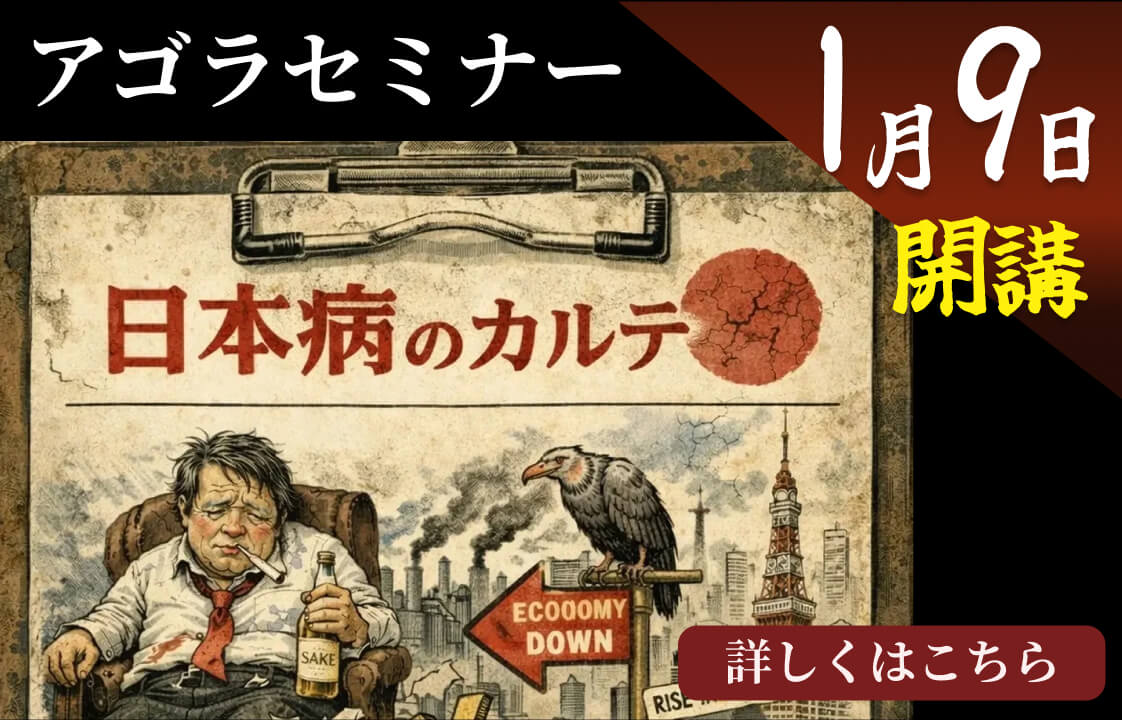On Aug 5, the Asahi Shimbun retracted their reports about the comfort women, military prostitutes during World War II. The Asahi retracted 16 articles that cited testimony by Seiji Yoshida, who said he had kidnapped many women and sent them to brothels for the Army during the war.
This news might have shaken foreign media, who have taken it for granted that the Japanese Army kidnapped “sex slaves” from Korea, as the Asahi repeatedly reported. Foreign media, except for WSJ and FT, still keep silent. So I tell the facts as I have explained to NY Times. This is an abridged version.
In 1983, a former Japanese army soldier, Yoshida published a book which claims that he went to Jeju island, and that he went on a “comfort women hunt” to draft thousands of women into the women’s volunteer corps and to take them to the battle fields. Later he admitted “all the stories are fiction”.
Lawyers in Japan such as Kenichi Takagi and Mizuho Fukushima looked for an accuser with the intention of bringing a lawsuit against the Japanese government. A woman has turned up in August, 1991. She was Kim Hak-sun, who testified that she was sold by her parents and became a gi-saeng, and that her father-in-law took her to the comfort women brothel of the Japanese military.
The Asahi published an article by Takashi Uemura, which reported, “Military Korean Comfort Women were abducted by military to the battle field to engage in prostitution activities with the Japanese soldiers”. Following that, in January, 1992, the newspaper published an article that revealed a notification concerning the management of comfort women brothels submitted by the Japanese military, claiming, “The material shows the military’s involvement.”
The Prime Minister, Kiichi Miyazawa, apologized to the Korean president, Roh Tae-woom, when he visited Korea right after the article had been published. In July 1992, the Japanese government (Chief Cabinet Secretary Kato) announced the result of an investigation which revealed that the former Japanese military had been directly involved with the management for the comfort women brothels, but that there were no materials to prove the theory that the comfort women were forced to accompany Japanese soldiers.
However, Korean government didn’t stop criticism demanding Japan to admit the military coercion. For this reason, in 1993, the Japanese government announced the so-called Kono Statement. The issue is described as follows in the written statement:
As for the recruitment of comfort women, the traders that received such requests for it were in charge, and in this situation also, there were many cases in which these women were gathered against their will via honeyed words, pressure and so forth. In addition to that, it turns out that government officials had directly assisted in this at times as well. (emphasis added)
This statement was in fact a compromise between the Japanese government, who didn’t find the evidence of military coercion, and the Korean government who insisted that there was coercion. But the ambiguous expression “government officials had directly assisted” was interpreted as an official admission of coercion.
Since 1993, however, most media stopped reporting about comfort women because Yoshida confessed that it was a fiction. Only the Asahi ran the story “Nobody Can Erase the Facts of Comfort Women” in 1997. They silently dropped the claim of military abduction, but they argued “it isn’t essential whether there was military abduction or not”. They changed their claim to the coercion in general, including private agents.
Recently only the Asahi insisted that the Japanese government should apologize to the Korean government without correcting their errors about abduction. Since many people criticized it, the Asahi finally admitted that they were wrong, but the editorial says:
Earlier this month, The Asahi Shimbun ran special coverage on the issue of comfort women in which it corrected some errors in its past reporting while pointing out that this is essentially an issue of universal human rights. At comfort stations set up with the involvement of the Japanese military, many women were forced to provide sex to soldiers. Their dignity as women was degraded.
This is a false accusation. As I wrote above, the Japanese government admitted the involvement of the government for management of brothels and apologized in 1992. The only issue is is the military abduction, which the Asahi confessed as a lie.
Comfort women (military prostitutes) isn’t a special problem for Japan. It would be usual in every war. But the “comfort women problem” of military coercion was fabricated by the Asahi, which is the essential problem that has confused Japanese-Korean relation for twenty years.
The Asahi should retract all their reports about comfort women and apologize to Japanese and Korean governments and people. It is their great task to make “South Korea and Japan work to develop a future-oriented, friendly and cooperative relationship”.















